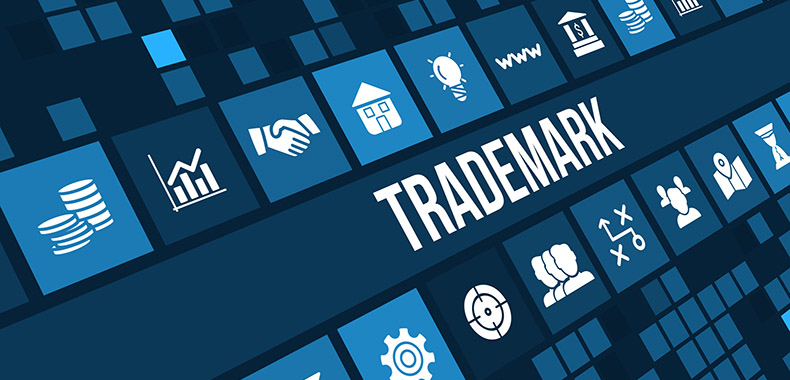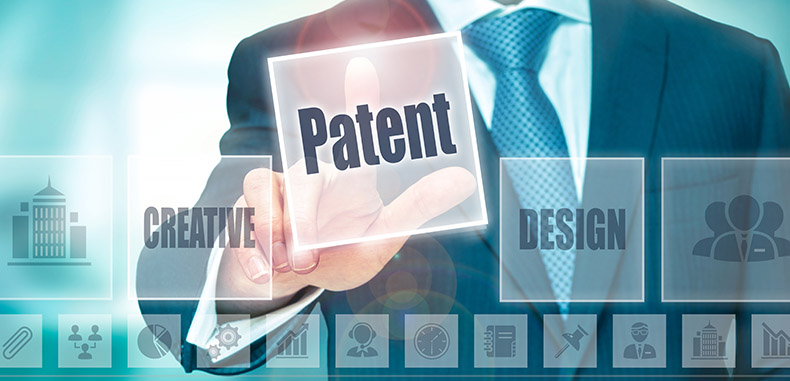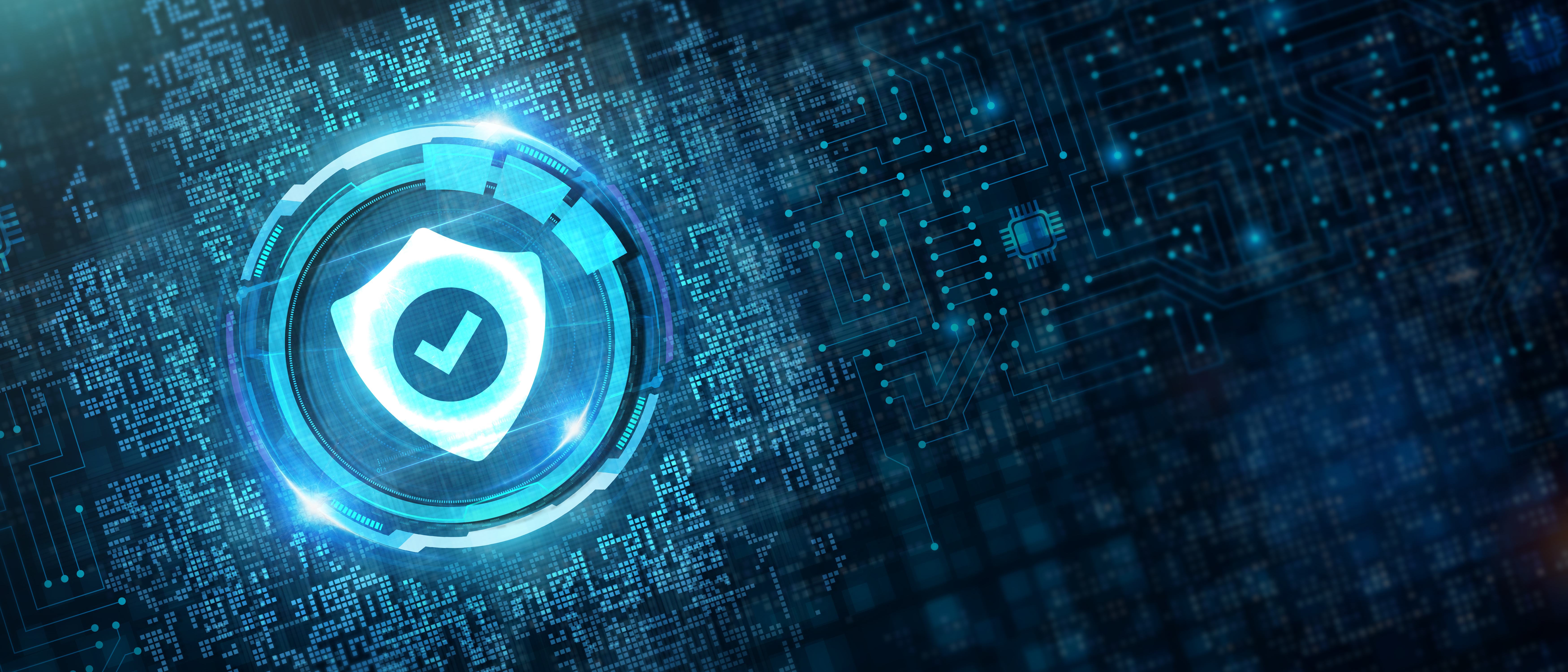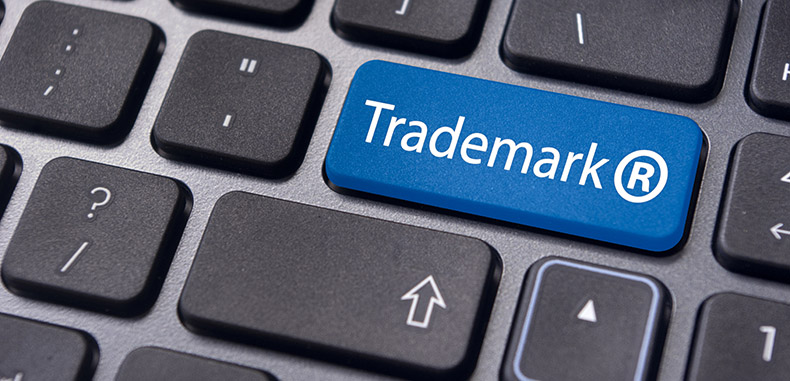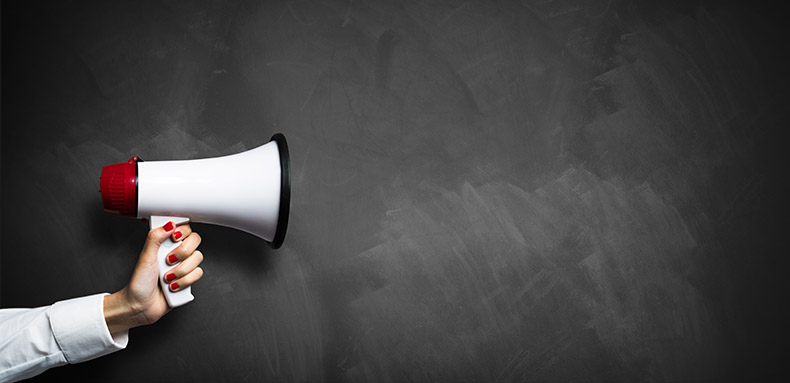The Directive on Copyright in the Digital Single Market¹ aims to harmonize some points of the Copyright Law of the European Union, hardening penalties for violations of copyright to guarantee greater protection to the owners of intellectual works published on the internet.
For the moment, the Directive is awaiting final approval by the Council of the European Union and after its publication in the Official Journal of the EU the Member States will have two years to transpose the new rules into their national law.
Among many discussions that have arisen from the Directive, two articles have gained extreme repercussion due to the changes that may rise from them in the way in which copyright is treated by the Member States of the European Union.
The articles 11 and 13 – now corresponding to articles 15² and 17³ due to the last changes inserted in the Directive – which received the name ‘link fee’ and ‘upload filter’, respectively.
The Article 11 (now Article 15) is intended to tax news aggregators (such as Google News) for disclosing links to news available in another website. On the other hand, the article 13 (current article 17) provides responsibility for the platforms that disclose copyright protected works without the consent of its creator.
In other words, if the platform user infringes the copyright of third parties when posting the content, the responsibility will fall directly on the platform itself.
If artists and content creators welcomed the proposed measures to increase the protection of their rights, opposing groups, led mainly by companies like Google and Facebook, have already firmly opposed the Directive.
The main issues
Mainly, there can be indicated two problems that compromise the way which content is nowadays disseminated over the internet.
First, in relation to the so-called “upload filter”, there is a need for the platform to previously analyze the content that is posted by its users, thus configuring a prior censorship.
Among the most affected by the article 13 is the YouTube video platform, which has been ostensibly opposing the directive’s approval and encouraging its users to do the same, as noted in the ‘European copyright: there’s a better way’4 manifesto, disclosed by Google, owner of the platform.

Effectively, although Youtube already adopts a strict policy for copyright protection, if the Directive is approved in the terms in which it is proposed, it is quite possible that the videos made available by the platform will be previously analyzed more accurately before of its placement to the public.
Furthermore, it cannot be forgotten that the platform’s discretion will unequivocally cause problems for content creators, who will constantly need to make complaints about deleted videos on the platform due to alleged copyright infringement, causing the service to not continue the way it currently does.
On the other hand, in relation to the implications of the so-called “link fee”, it is already possible to observe its effects in countries like Spain and Germany, in which, regardless of the directive’s approval, local governments have already decided to tax news aggregators . In Spain Google News was discontinued due to the implementation of this fee5.
In this point it is important to highlight that a study ordered by the European Commission analyzed the effects of the application of this tax in Spain and Germany. As a result, the study revealed that newspapers benefited from the services provided by news aggregators, expanding their visibility, and attracting the public to consume their services6.
However, it is important to note the version of the Directive adopted in March 2019 contains specific provisions that oblige Member States to protect the free upload and sharing of works for the purposes of citation, criticism, analysis, caricature or parody.
This change addresses the portion of the most vigorous complaints against the first versions of the Directive’s texts, as it ensures that memes and GIFs can continue to be shared freely.
Conclusion
The measures proposed by the Directive to increase copyright protection on the internet have the potential to drastically change the way that content is disseminated today.
Despite the legitimate and expected preservation of copyrights on the internet, the difficulty of applying the measures proposed by the Directive comes up against both the interests of companies that will be most affected by the Directive and the users themselves, who are not willing to give up the achievements raised over the years with technological advances.
There is a need to balance the wishes of users and interested companies with the preservation of copyright on the internet, adopting measures that efficiently protect such rights without significantly altering the way content is disseminated and consumed on the internet.
It is important to highlight that although still restricted to the Member States of the EU, the Directive may reflect on the way other countries located outside the European Union deal with the protection of copyright on the internet.
—
¹ Full text available on:
https://eur-lex.europa.eu/legal-content/EN/TXT/HTML/?uri=CELEX:32019L0790&from=EN
² Article 15 – Protection of press publications concerning online uses – […] 5. Member States shall provide that authors of works incorporated in a press publication receive an appropriate share of the revenues that press publishers receive for the use of their press publications by information society service providers.
³ Article 17 – Use of protected content by online content-sharing service providers – […] 4. If no authorisation is granted, online content-sharing service providers shall be liable for unauthorised acts of communication to the public, including making available to the public, of copyright-protected works and other subject matter, unless the service providers demonstrate that they have: (a) made best efforts to obtain an authorisation, and (b) made, in accordance with high industry standards of professional diligence, best efforts to ensure the unavailability of specific works and other subject matter for which the rightholders have provided the service providers with the relevant and necessary information; and in any event (c) acted expeditiously, upon receiving a sufficiently substantiated notice from the rightholders, to disable access to, or to remove from their websites, the notified works or other subject matter, and made best efforts to prevent their future uploads in accordance with point (b).
4 https://blog.google/outreach-initiatives/public-policy/european-copyright-theres-better-way/
5 https://www.theguardian.com/technology/2014/dec/11/google-news-spain-to-close-in-response-to-tax-on-story-links
6 https://www.asktheeu.org/en/request/4776/response/15356/attach/6/Doc1.pdf
—
Lawyer Author of the Comment: Carlos Eduardo Nelli Principe
“If you want to learn more about this topic, contact the author or the managing partner, Dr. Cesar Peduti Filho.”
“Se quiser saber mais sobre este tema, contate o autor ou o Dr. Cesar Peduti Filho.”



